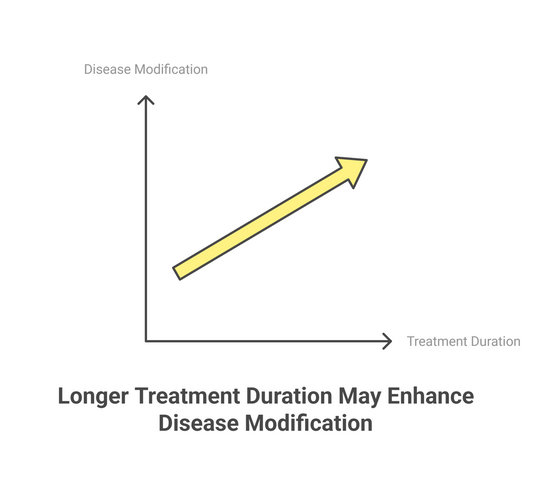
Milnacipran for Migraine (uncommon preventive drug series)
Cerebral TorqueShare
Click for the full list of the 50 uncommon migraine preventives
What is Milnacipran?
Milnacipran is a serotonin-norepinephrine reuptake inhibitor (SNRI). Therefore, it inhibits the reuptake of serotonin and norepinephrine.
Milnacipran is a prescription medication that is FDA-approved to treat fibromyalgia. It is also used off-label, at times, for the treatment of major depressive disorder (MDD) and migraine.
How Does Milnacipran Work?
Milnacipran works by inhibiting the reuptake of serotonin and norepinephrine. By increasing the concentration of these two neurotransmitters that are involved in pain and mood regulation, milnacipran may help to reduce pain and improve mood.
Milnacipran as a Potential Treatment Option for Migraine
As stated earlier, milnacipran is not approved by the FDA for the treatment of migraine, but it is still prescribed off-label for chronic, refractory cases at the discretion of the prescribing physician. It may also be beneficial for those with concomitant fibromyalgia and migraine.
In one study published in the Journal of Pain, milnacipran was effective in reducing pain in individuals with chronic migraine and comorbid fibromyalgia. It is important to note that its effects on migraine alone were not studied.
Source: https://www.jpain.org/article/S1526-5900(10)00090-8/fulltext
In another prospective cohort, open-label study, milnacipran was associated with a significant reduction in headache and migraine frequency, especially in those with episodic migraine.
Source: https://link.springer.com/article/10.1007/s10072-013-1536-0
More studies need to be done as the evidence is still scarce.
Potential Side Effects of Milnacipran
Common side effects of milnacipran include nausea, headache, dry mouth, insomnia, and constipation. If you experience any severe side effects or have concerns about taking this medication, it is important to speak with your healthcare provider.
Other Considerations for Milnacipran
Do not use milnacipran if you have used an MAO inhibitor in the past 14 days.
Risk of serotonin syndrome if used with triptans, but unlikely. Speak to your healthcare provider.
This is a cursory understanding of uncommon migraine medications. This is only to be used as a resource to go to your neurologist with.



